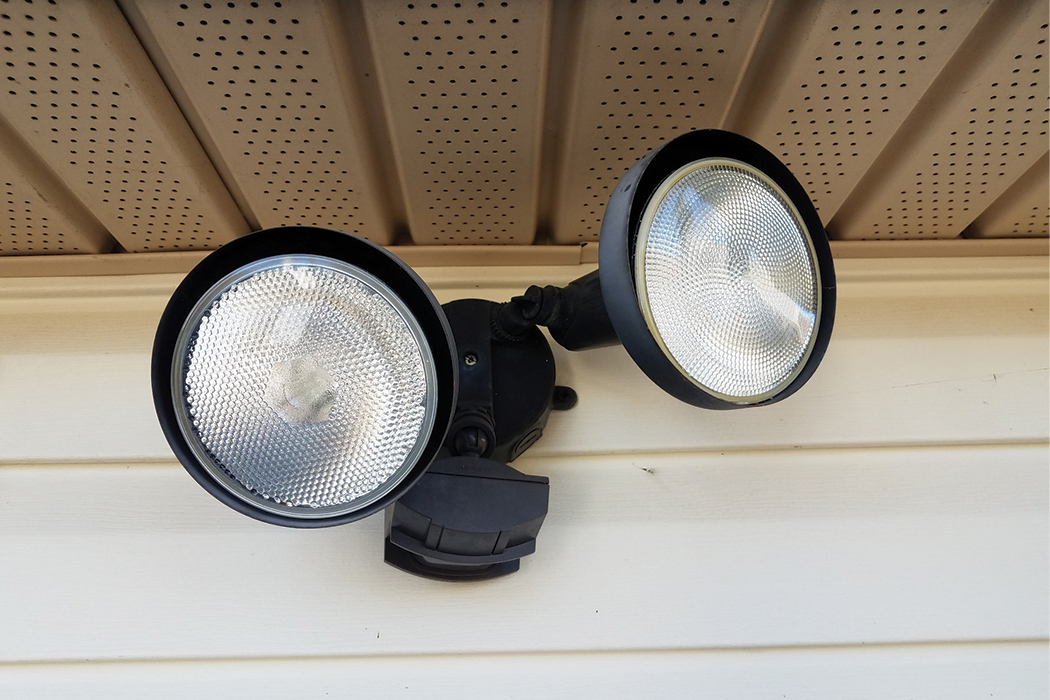10 Qualities of a Strong Password

With more and more information being kept on the internet, it’s become increasingly important to secure your accounts as well as devices. A breach in your online security could mean the compromise of your professional communication channels or even your bank account. So many parts of our lives can be controlled through the internet these days—even your home security. Brinks Home™ systems come with a free smartphone app and an online customer portal that controls your home security system. It accesses the livestream to the security cameras in your home, and it even arms and disarms your system. It’s a very convenient feature that can enhance your security when you remember, too late, that you didn’t arm the system when you left the house. However, it could be a very dangerous situation if your password is stolen or your account is compromised. A simple solution to preventing this is to have a strong password that is kept secure and secret.
Check out this list of 10 unbreakable password qualities and some tips on how to improve yours.
1. 12 characters or more
The longer the password, the more secure it would be. We recommend that your password be at least 12 characters or more. The myth of complexity says that you need the most mixed-up possible password, but really length protects you much better than complexity. 12 sounds like a large number but stretching out passwords can be easy. Three or four words will easily meet this quota. Here’s an example: iLOST$400ysterdai
2. Mixed and matched caps, symbols, and numbers
Try to incorporate symbols, numbers, and even punctuation into your password, but avoid clichés like an exclamation point at the end or a capital letter at the beginning. The more diverse your characters are, the more complex it is, and the longer it would take to crack.
3. No obvious substitutions
Common substitutions for letters include @ for a, 3 for e, $ for s, and () for o. Be a little more creative in working symbols into your password.
4. Not in the dictionary
Misspell your passwords, even if they’re in a different language. Many password algorithms try to plug in words in dictionaries for easy entry. Leave out letters, add letters, or change letters.
5. Doesn’t contain names
Make sure your username, your real name, your company name, or your family members’ names are not included in your password. These pieces of information are very easy to find, and if they are used as a large portion of your password, it makes cracking it that much easier.
6. Doesn’t contain phone or address numbers
Numbers are great to include in passwords, but don’t use phone numbers or address numbers.
7. Not saved by the browser
Never let your browser save your passwords! Browsers are easily hacked, and that information can be taken straight from there without your knowledge. It also gives anyone who can sneak onto your computer access to your account! (Side note: make sure your computer has a secure password as well!)
8. Not shared with anyone
Don’t share your passwords with anyone, even if they’re your very close friend or significant other. In any relationship, boundaries and privacy should be respected. It’s not a betrayal of trust to decline sharing passwords. Friends can become enemies; significant others can become exes; you don’t want this to be turned against you.
9. Written down in a safe location
It’s hard to remember so many passwords, especially to accounts you don’t use regularly. If you decide to write down your password physically, make sure you store it somewhere secure and out of sight. It sounds hard to believe, but many people have reported simply writing their password on a sticky note stuck to their monitor!
10. Unique
The best practice would be never to reuse passwords. This makes sense because if one password is stolen, shared, or cracked, then all of your accounts are compromised. However, there are so many sites that require logins these days, and it really is too many passwords. What we recommend is to use unique passwords for important accounts, like email, social networks, bank accounts, but for more frivolous and less important logins, you can use similar passwords. Just keep in mind that if any of those accounts is compromised, they are all vulnerable. As more and more of our lives go online, we need to start being more vigilant over how secure our passwords and online protection are. Online hacks can be devastating and scary; keep yourself safe online and offline by ensuring that your passwords are solid and secure. So, how many of these qualities do your passwords have? Make steps to improving your online security today and share this with your friends and family who need it.



